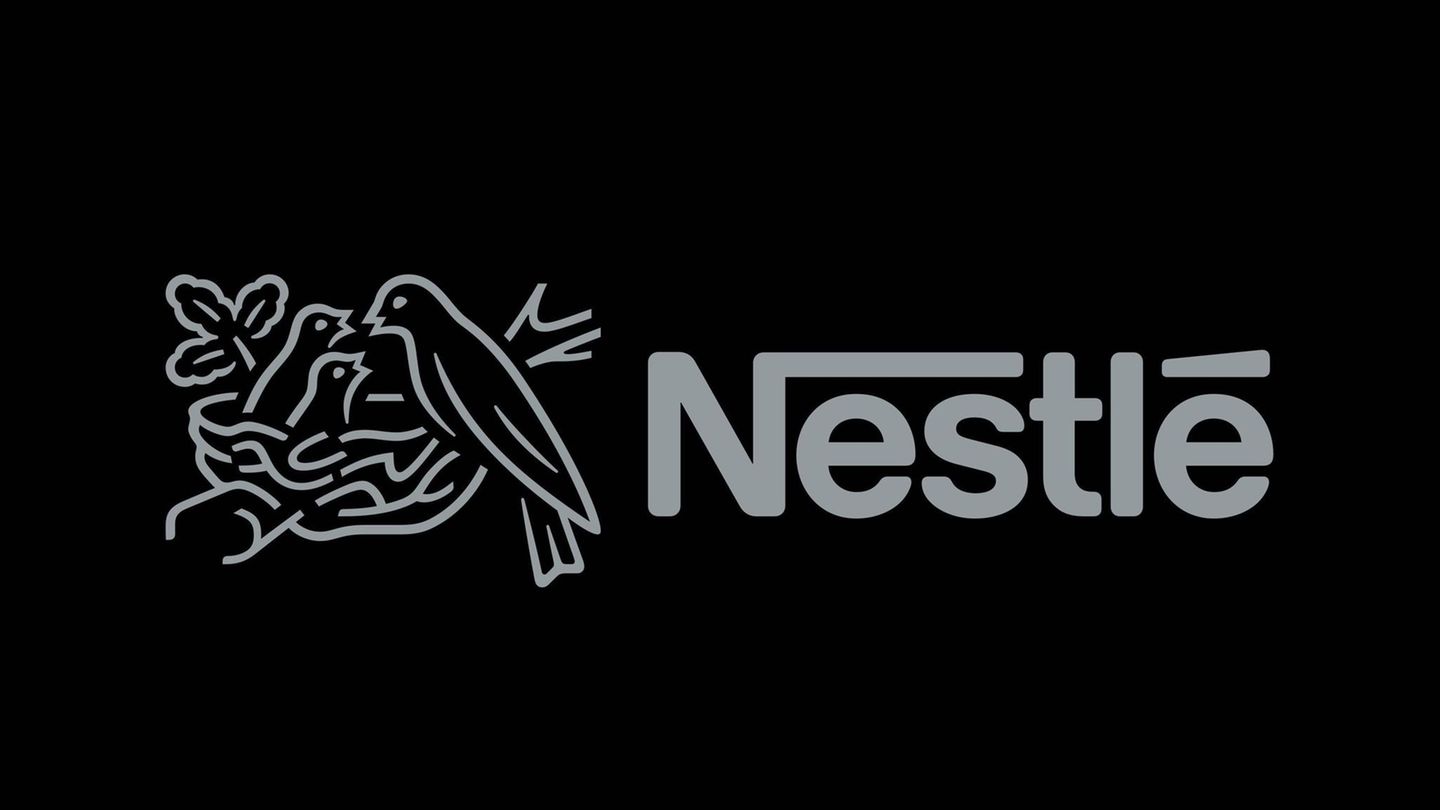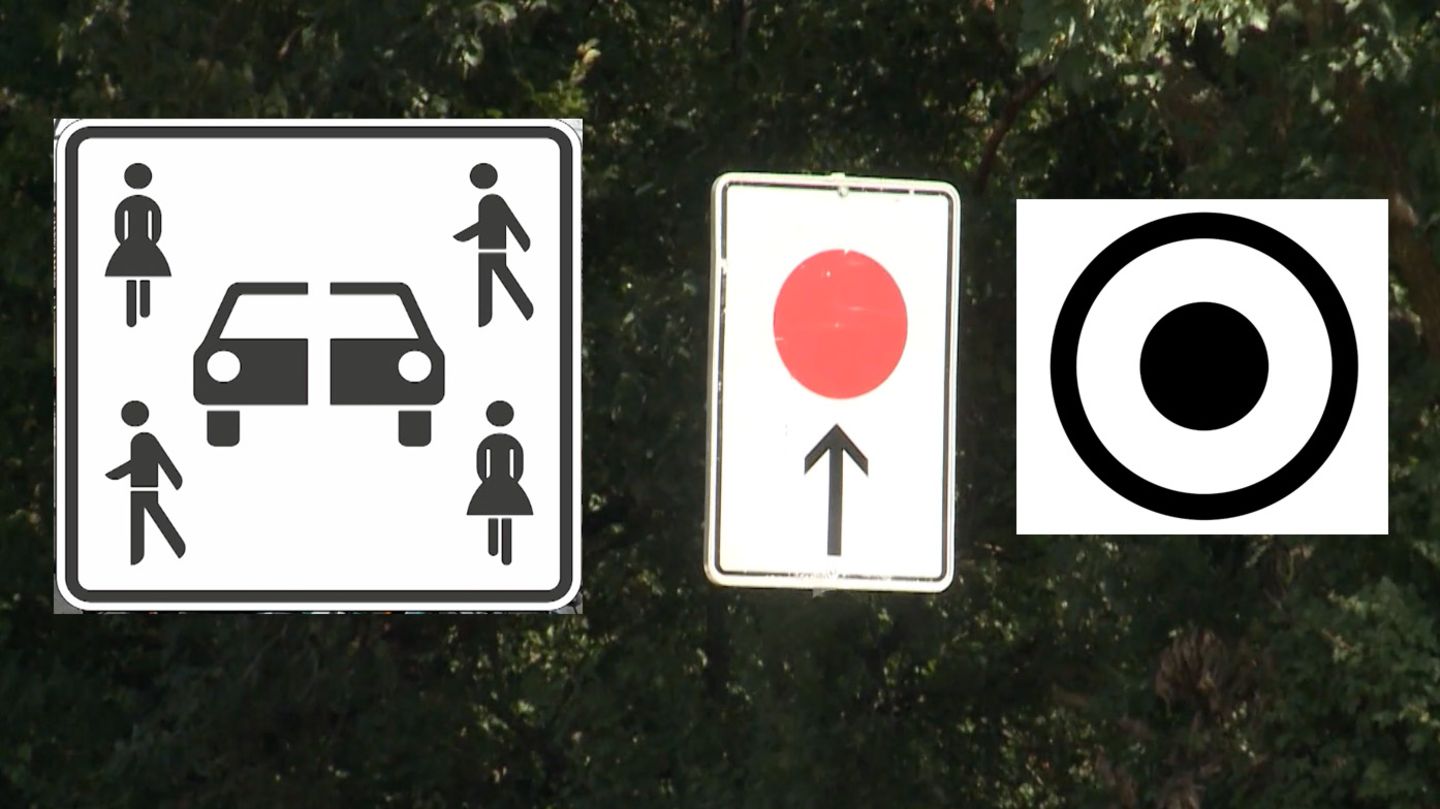Image: APA/EXPA/Oberhauser
The words were chosen drastically. There are problems with the treatment of terminally ill patients, and standard therapy that conforms to the guidelines is no longer possible. Dietmar Weixler, President of the Austrian Palliative Society (OPG), only spoke of one “best possible treatment”. Medicines for severe pain and shortness of breath are missing, low-dose opioid plasters, essential for safe therapy with few side effects, are practically unavailable.
However, Christina Grebe does not want to create the impression that patients suffering from severe pain may no longer be able to be helped adequately. She is the medical director of the palliative care ward at the Salzkammergut Clinic in Vöcklabruck and knows the problems in the “supply landscape”. 350 patients are treated in the Vöcklabruck palliative care unit each year, and there are an additional 180 in mobile care. “I don’t want my patients to fear that they will have to suffer more. Because that’s definitely not the case”she says.
“You can always help yourself”
On the contrary: Currently there is a certain relaxation again, but it was until about three months ago “very troublesome” been. “The lack of medication is a reality and it also limits our ability to perform. But you can always help yourself”, says Grebe. In some cases, opioid drugs to be swallowed in particular were not available. “It went so far that we called pharmacies and asked what medicines were still available. We then had to orient ourselves to their existence”, says Grebe. There are enough options when it comes to medication, but for patients who are already struggling with nausea, so be it “obviously not the best”for example if they had to swallow pills instead of being treated with special patches.
However, the restricted supply chain is not due to the corona pandemic. “This is clearly due to the pharmaceutical companies. You can’t make big money with simple painkillers, they hardly bring any profit. So they are also produced less”, says Grebe. Palliative medicine also has none “financially strong” Lobby. “More state regulation would be good here”she says.
The pharmaceutical industry has long since ceased to provide what patients around the world need in terms of research and development, production and sales, according to Doctors Without Borders on the general situation of the shortage of medicines. False incentive systems only invest in extremely profitable new drugs. A proactive approach is needed by health policy and professional representatives.
Source: Nachrichten




